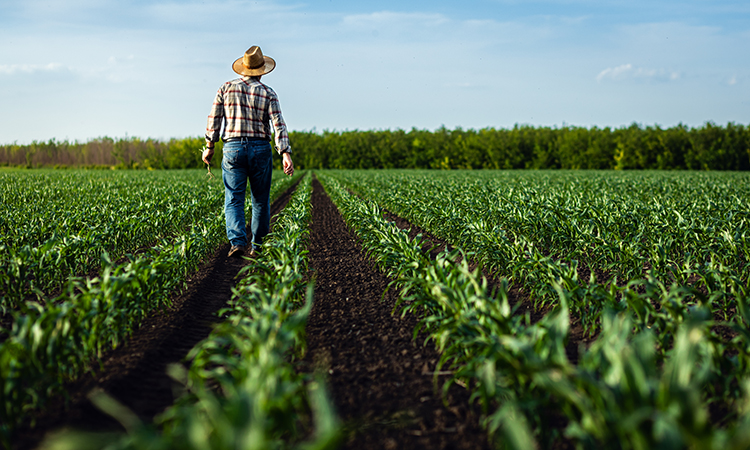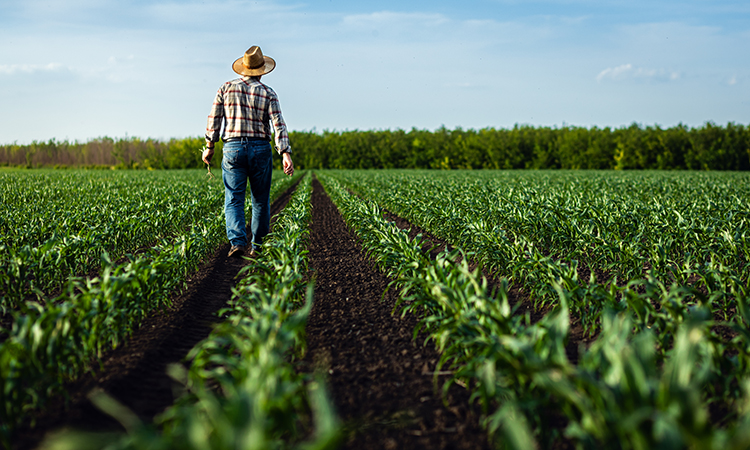Mars records 8% reduction in greenhouse gases in 2023

Following its 2023 commitment to investing more than $1 billion to support the shift to net zero, Mars has reported notable success in its emission reduction efforts.


Mars Inc has released the 2023 Mars Sustainable in a Generation Report, announcing notable progress toward its goal of achieving net zero by 2050, registering a record 8% greenhouse gas (GHG) emissions reduction against its 2015 baseline across its full value chain in 2023 alone.
Since 2015, GHG emissions in the company’s value chain have been reduced by 16% (or 5.7 million metric tonnes – the equivalent GHG emissions generated by more than 1.3 million gasoline-powered automobiles in a year), while growing the business by more than 60% to over $50 billion.
When Mars published the Mars Net Zero Roadmap in 2023, the company committed to investing more than $1 billion over three years – and continuing to commit financial resources as needed until net zero is achieved.
Poul Weihrauch, CEO of Mars, said: “[In 2023], we published our Net Zero Roadmap promising to accelerate our carbon reductions and, with this year’s results, we are delivering on our business strategy to continue to grow while reducing our carbon emissions. We still have a long way to go, but we will continue to follow the science and show how a responsible business can both do well and do good.”
With almost 60% of the company’s value chain GHG footprint coming from agricultural ingredients, Mars is scaling up new climate smart agriculture initiatives to drive continued decarbonisation. These initiatives aim to improve soil health and farm resilience – while providing critical financial support and training for farmers to accelerate the adoption of regenerative agriculture practices.
Barry Parkin, Chief Sustainability and Procurement Officer at Mars, said: “Our latest carbon reductions show that we are on track to deliver a 50% reduction by 2030. While we’re proud of this progress, we know we have more work to do, and we look forward to continuing to scale our progress. It is critically important to strengthen our programmes with farmers to help the transition to climate smart and regenerative agriculture.”
Mars’ latest investments to scaling climate smart agriculture include:
- Working with partners to establish a grower-centric programme to support 1,900 farmers in four U.S. States, and Poland to deploy climate smart agriculture methods and focus on crops such as corn, soy and wheat across more than 1.2 million acres of cropland, for Mars pet food brands such as PEDIGREE® and IAMS®
- Extending a partnership between Mars brand Royal Canin and Soil Capital, Mars will provide financial support to close to 250 farmers in France and Belgium and, to date, the partnership has provided support to farmers across 300,000 hectares of farmland
- Continuing to support the Next Generation Soil programme in Mexico and Brazil in collaboration with CIMMYT (Mexico) and Producing Right (Brazil). Through this programme, Mars has already equipped 100 corn producers with the tools and knowledge to increase productivity, optimise the use of resources and respond to the consequences of climate change, such as water scarcity and lower crop yields. The programme also encourages new regenerative agriculture practices to protect the health of the soil, optimise the use of resources and promote good productivity in grain production
- A recently announced sustainable dairy plan, Moo’ving Dairy Forward, that commits to a $47 million investment over three years as part the company’s new climate-first approach to dairy sourcing to reduce the carbon footprint of dairy with partners Fonterra, Land O’Lakes, Interfood and FrieslandCampina.
Related organisations
Source: newfoodmagazine.com

